What are Minerals?
Minerals are inorganic substances that we get from food and water. Minerals form only a small percentage of our total body weight, about 4-5%, yet they are very necessary for human metabolism and for maintaining normal health (1✔ ✔Trusted Source
Minerals
Go to source).
What are Vitamins?
Vitamins are organic compounds essential for our body’s normal growth and maintenance. They can be fat-soluble or water-soluble. Fat-soluble vitamins such as vitamins A, D, E, and K. Water-soluble vitamins like the B vitamins (B1, B2, B6, B12) and vitamin C (2✔ ✔Trusted Source
Vitamins
Go to source).












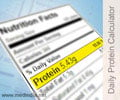
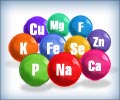




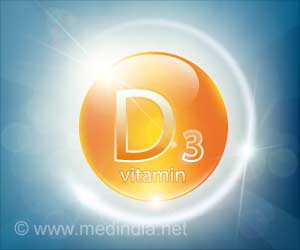
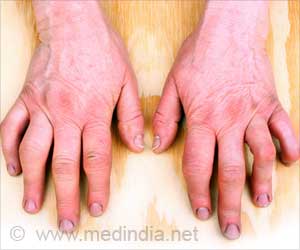
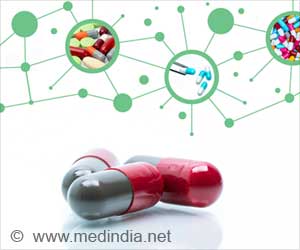


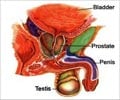









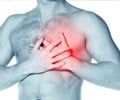

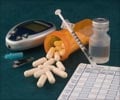



i have problem pheni that's very small what i will duo please sages me and i have diabetics also know my age-48 years old, Normal Blood sugar i want good Doctor and good medicine genius please help me